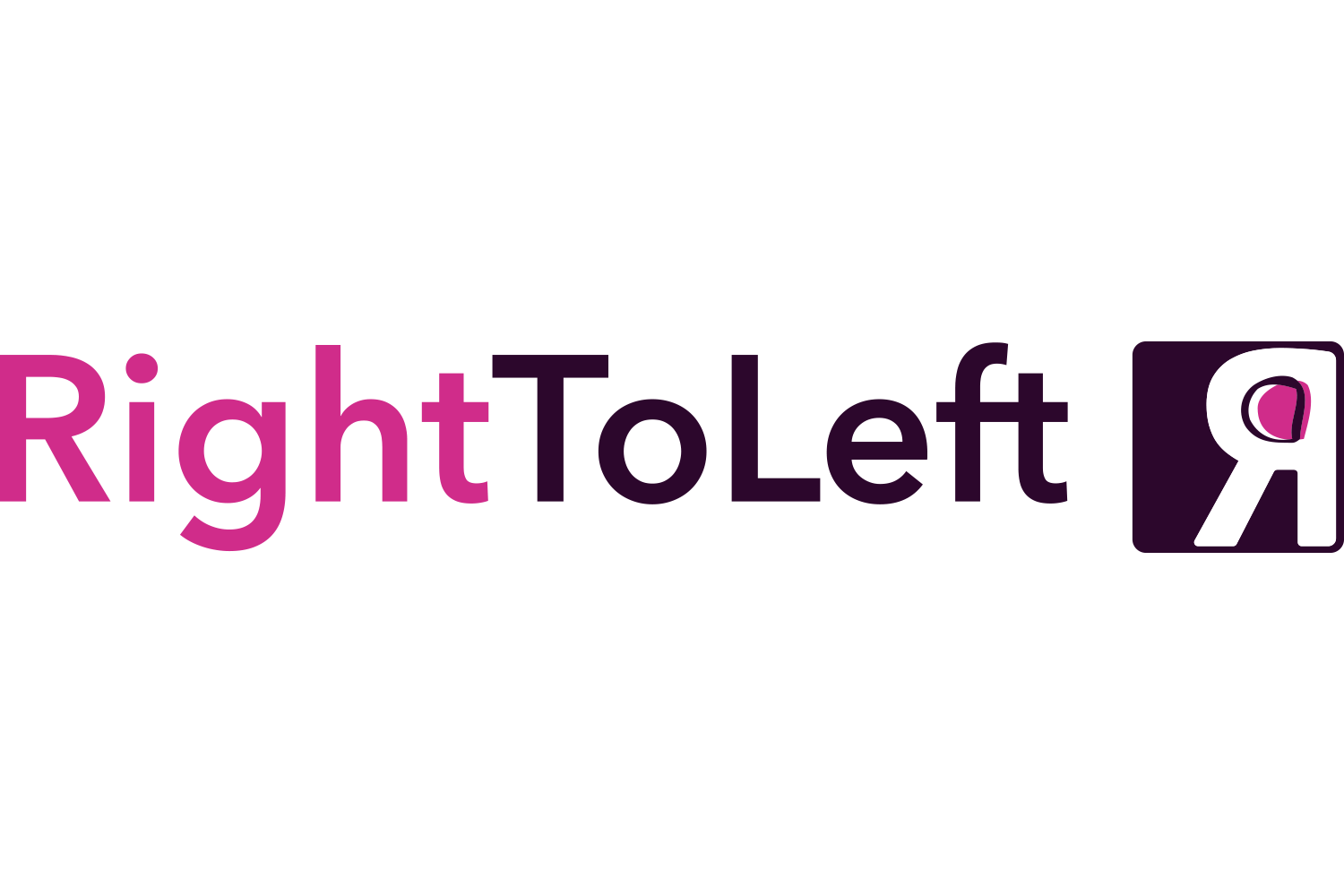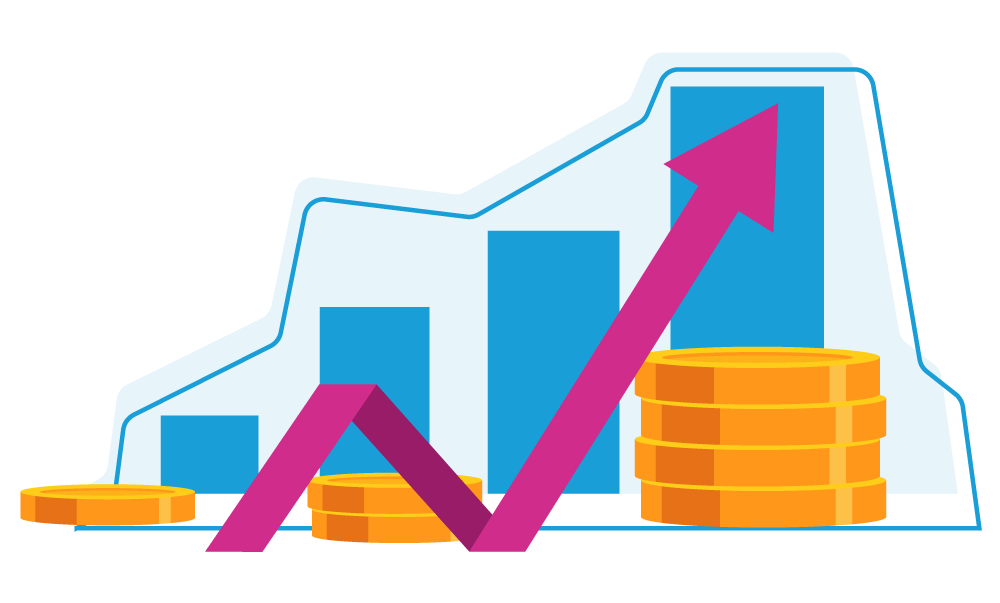The Product Momentum Gap
How new products start.
In the early days, your team was small, and business grew quickly. As a founder, you were likely driving product development, adding features rapidly and making most, if not all, of the decisions:
New customer acquisition was high
Support and sales teams were maxed out
Revenues increased rapidly
You can now see product-market fit!
Hitting the growth curve
Now things are speeding up! You began hiring more and more people to support the growing business needs:
Sales teams to increase acquisition
Customer success teams to increase retention and upsell
Engineers to build product improvements
Product managers to manage the product development process
New founder responsibilities.
But with growth comes fewer and fewer day-to-day responsibilities for you. This is to be expected, but you do not see the results you want:
You no longer have a good understanding of the roadmap
Features aren’t being released any more quickly – and maybe more slowly
There’s confusion over the product strategy
Business costs have increased
Product usage isn’t going up
Acquisition not scaling
Retention not improving
ARR not increasing
Unravelling problems
These issues are now starting to have an impact on other areas of the business, causing problems with both retention and sales.
Customers aren’t getting the features they were promised.
Sales are not improving their win rate as competitors have functionality that you don’t.
Customer service is constantly dealing with the same issues.
It's hard for you to see how and where the resourcing in product is adding extra value and accelerating the growth of the business.
We call this The Product Momentum Gap.
This is the place where increased resourcing isn’t leading to increased value output.
You feel you’re losing ground on competitors and falling behind on your business plan. You can see the problems looming in the distance: shorter cash runway, investors asking difficult questions, and you may have to start reducing costs if things don’t turn around.
You may feel you need to get more involved in the product again to bring back the successful growth from the early days.
But wait!
We find from talking to other businesses like yours that that usually creates new problems without solving the issues you’re worried about.
Make sure you don’t fall into the trap of the Product Momentum Gap:
You personally get stretched as you now have other responsibilities that can’t easily be delegated or ignored (managing other departments, raising funding, dealing with investors), so other areas of the growth plan start to suffer.
Product decision-making slows down even more – or becomes knee-jerk reactions to individual customer demands or competitor features.
Focus switching increases, reducing output from engineering and slowing down product development even more.
Frustration and lack of motivation in the product and engineering teams lead to increased churn and further reduced output.
Closing the Product Momentum Gap
So how and where do you start?
Instead of creating more distractions, wouldn’t it be better if you could achieve the following:
A clarified product roadmap and improved visibility and buy-in across the business.
Easier and quicker decision-making about product development priorities.
A confident product and engineering team that can deliver faster.
A clear pathway to providing exceptional product value with increased net retention and upsell.
And all of this without you having to lose focus on managing the business.






